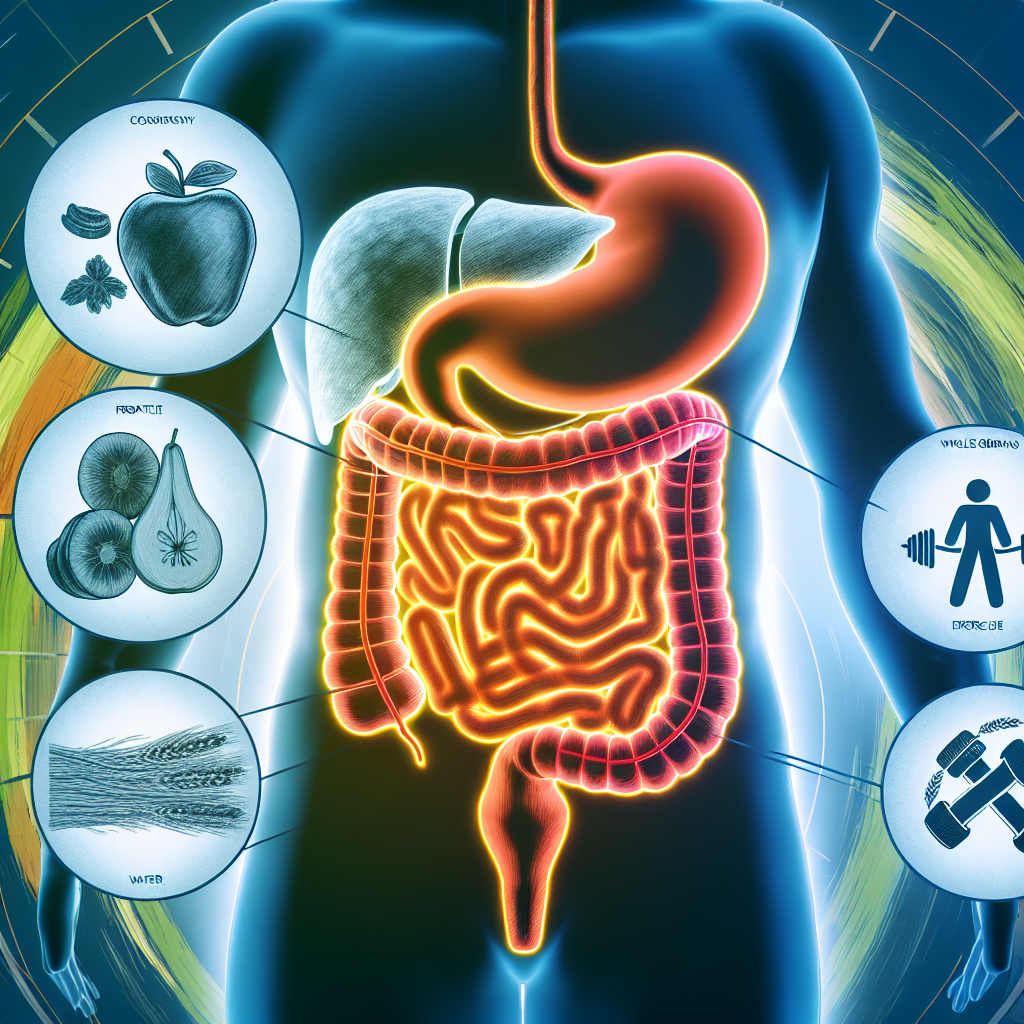Coffee has several factors that contribute to its laxative effect.
Coffee includes caffeine, a stimulant that can enhance muscular contractions in the digestive tract, especially in the colon. This can facilitate the propulsion of food and waste through the digestive tract at an accelerated rate.
Coffee Compositions
Furthermore, coffee is composed of chlorogenic acids and N-alkanoyl-5-hydroxytryptamides (5-HTPs). Chlorogenic acids have the ability to enhance the secretion of stomach acid, hence facilitating the more rapid digestion of meals. 5-HTPs have the ability to enhance the secretion of serotonin, a hormone that can activate the colon and facilitate bowel motions. Chlorogenic acids, a class of polyphenols present in many dietary sources, have demonstrated several health advantages, such as facilitating the process of digestion. More precisely, these acids have been discovered to enhance the secretion of gastric acid in the stomach.
Alternatives
The augmentation of stomach acid facilitates the rapid and effective digestion of food, hence enhancing the absorption of nutrients. Moreover, chlorogenic acids possess antioxidant characteristics that aid in safeguarding the cells inside the digestive system against harm induced by free radicals. Incorporating foods rich in chlorogenic acids, such as coffee, apples, and blueberries, into your diet can provide many digestion and health advantages.
Furthermore, coffee has diuretic properties, leading to an increased production of urine in the body. This can aid in purging your digestive system and increasing the frequency of bowel movements.
Additionally, several individuals discover that coffee effectively aids in their early awakening and stimulates their digestive system. This might be attributed to the fact that coffee enhances alertness and wakefulness, hence promoting heightened activity in the digestive system.
If you experience excessive bowel movements as a result of consuming coffee, you may consider reducing your coffee intake or opting for decaffeinated alternatives. Additionally, one may consider consuming a well-balanced diet and engaging in regular physical activity as means to maintain optimal digestive system function.
Strategies
Below are some strategies to mitigate the laxative properties of coffee:
Consume coffee alongside a meal. This can aid in decelerating the assimilation of caffeine and other substances found in coffee that have the potential to stimulate the colon.
Refrain from consuming coffee while your stomach is devoid of food.
Ensure enough hydration by consuming ample amounts of liquids throughout the day. Consuming coffee might exacerbate the laxative effects, making dehydration prevention crucial.
Refrain from consuming coffee throughout the latter part of the day. This might disrupt the sleep cycle, resulting in constipation.
If you have heightened sensitivity to the cathartic properties of coffee, consider transitioning to decaffeinated coffee as an alternative.
If you have any reservations regarding the laxative properties of coffee, it is advisable to consult with your doctor.

Dominic E. is a passionate filmmaker navigating the exciting intersection of art and science. By day, he delves into the complexities of the human body as a full-time medical writer, meticulously translating intricate medical concepts into accessible and engaging narratives. By night, he explores the boundless realm of cinematic storytelling, crafting narratives that evoke emotion and challenge perspectives.
Film Student and Full-time Medical Writer for ContentVendor.com




